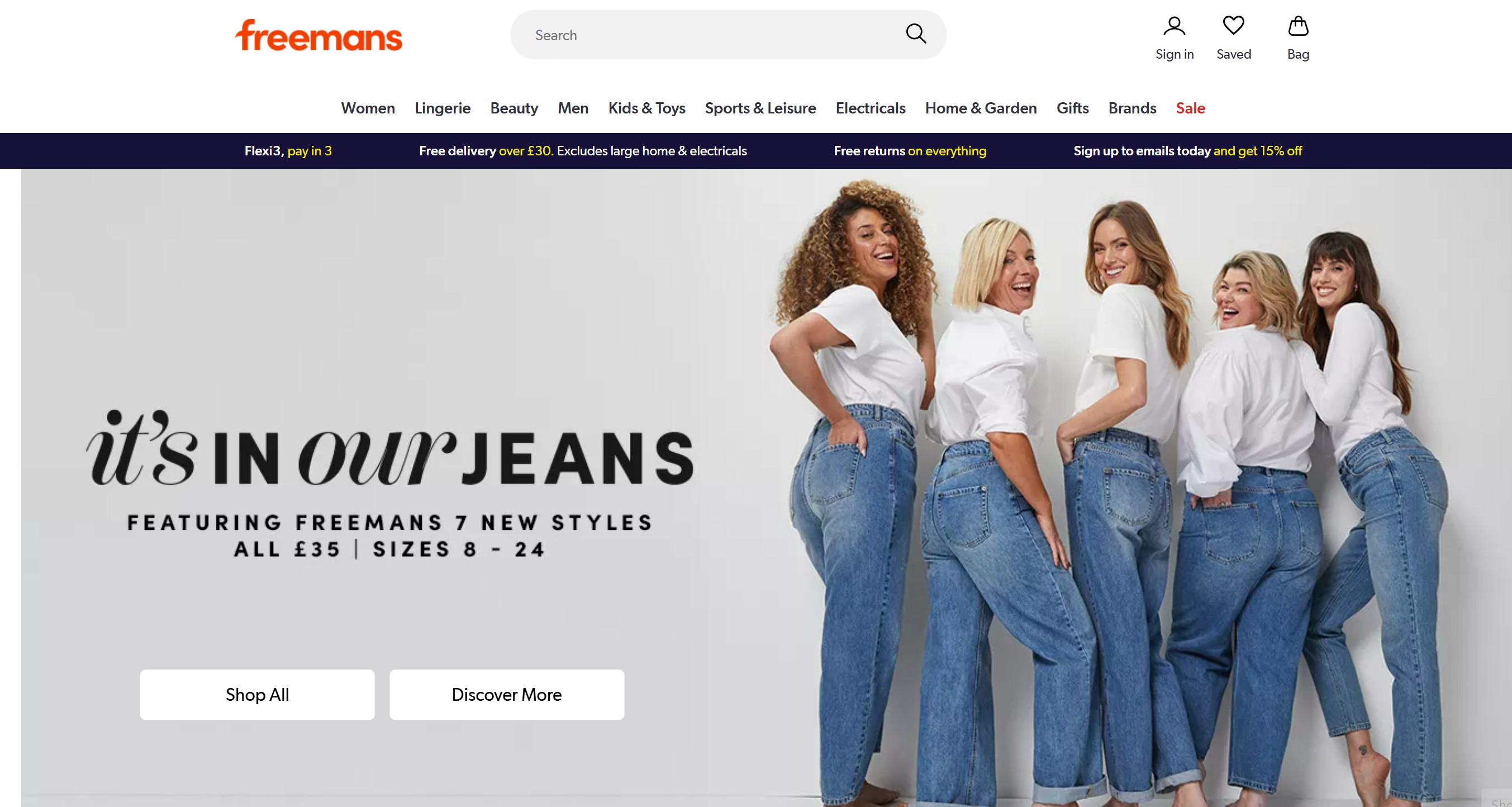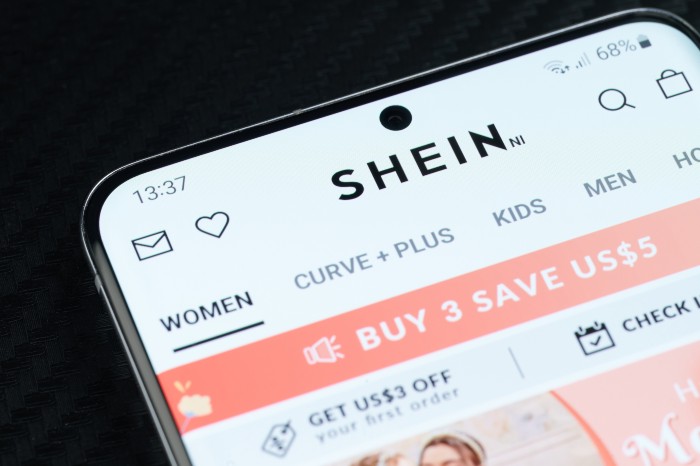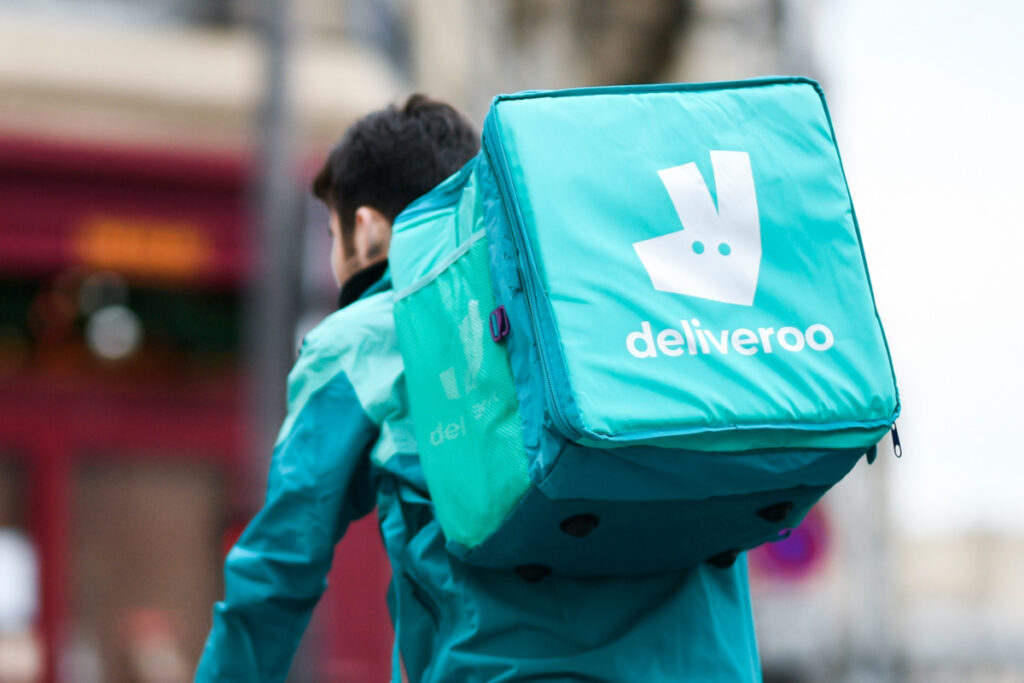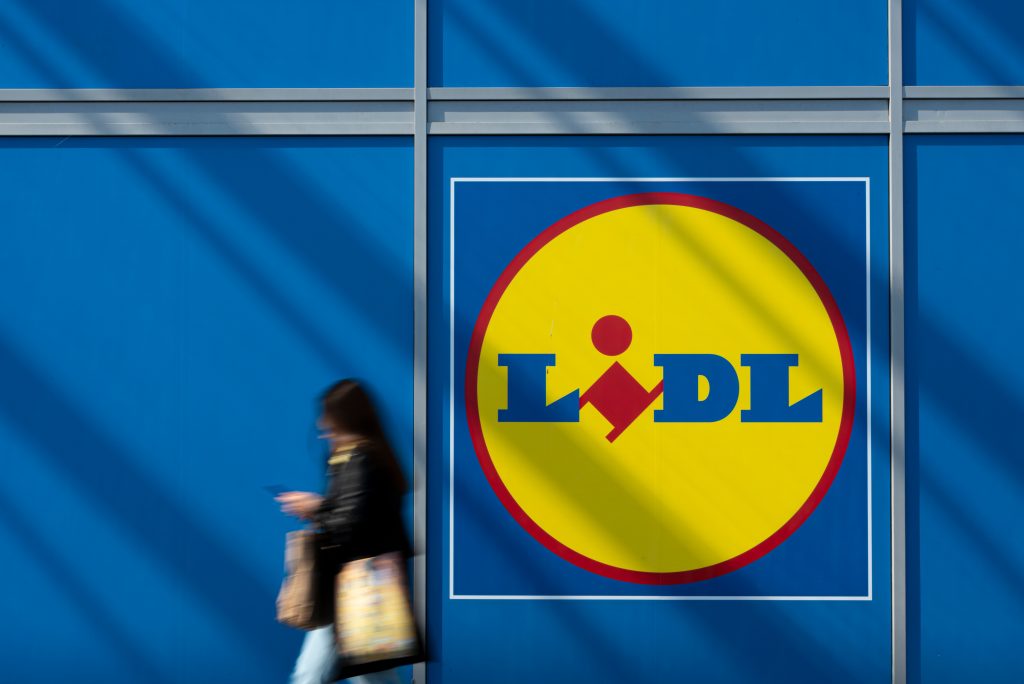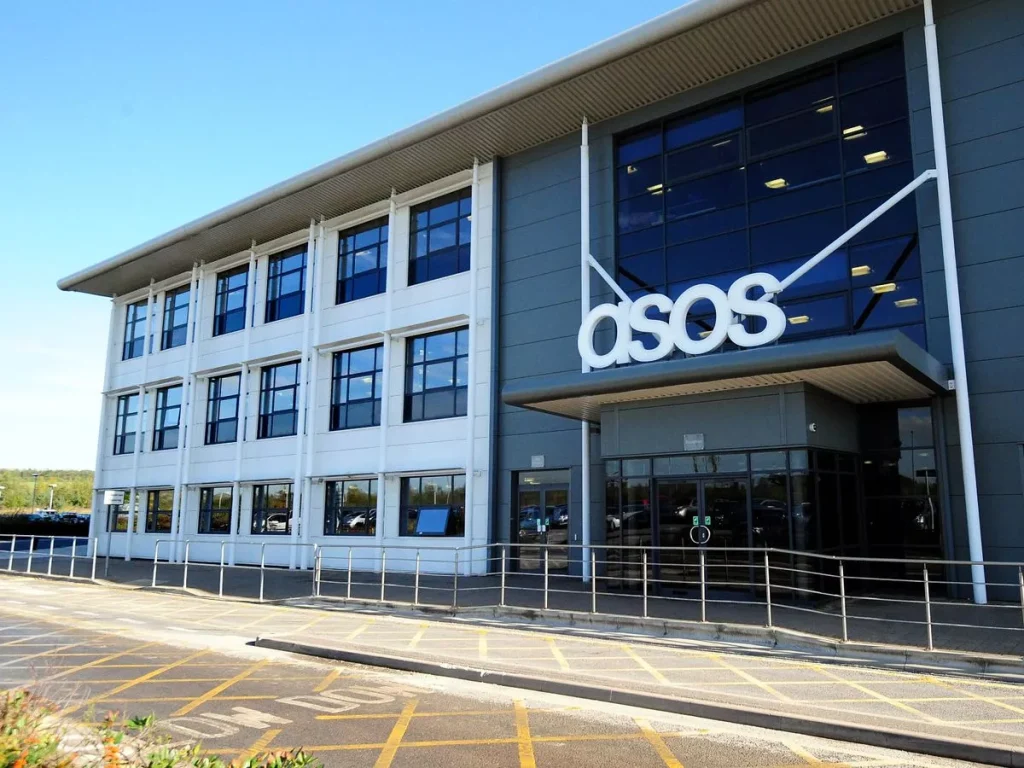High delivery charges and the ‘virtual shopping experience‘ are putting off online shoppers and driving them to their local high street despite the growth in e-commerce, according to new research released today.
According to data from shopping inspiration app Udozi, 44 per cent of shoppers are driven off line by excessive charges and are wising up to the ‘false economy‘ of online shopping while 24 per cent of the 2,105 adults polled in conjunction with YouGov dislike the overall virtual experience.
Consumers favour the shopping experience on their local high street or shopping mall, with 41 per cent choosing to make purchases in the traditional way compared with 29 per cent of people who chose a PC as their preferred way of shopping.
The research was conducted to mark the launch of Udozi, which was initially set up in 2010 and allows consumers to access up-to-date stock information from both large high street retailers and local independent stores.
Udozi Founder Alan Gabbay told Retail Gazette: “The idea behind Udozi began when we noticed that when people go online and are shopping for an item, they can order it and it‘ll come two or three days later which is fine, but what about the person who actually wants something by today?
“It‘s pretty hard to know where will sell what but more important that that is whether or not the product is in stock.
“So we connect to different retailer‘s stock systems and we display inventory information online and on iPhone applications.
“On top of that, we have the store contact details available, we show a map and also allow users to reserve an item and then collect it in-store.
“We have just finished our beta testing and are looking to open this up so we created the report in order to find out to what extent people still love the high street.
“There has been a lot of negativity about the high street versus online and so forth. We love the high street and know that other people love the high street too.”
However, Gabbay is quick to point out that the report highlights the increasing importance of mobile devices when creating an integrated customer experience, with 26 per cent of smartphone users and 35 per cent of tablet owners using their device to browse products online prior to purchase.
Bridging the gap between online and in-store must be a crucial part of retailers‘ digital strategies according to Gabbay, as 16 per cent of respondents have searched for an item via mobile and then purchased in-store while 11 per cent have used their phone to access discounts and offers available in-store.
Clearly, smaller independent retailers are unable to compete with high street favourites here though Gabbay noted that there are still opportunities available for local stores.
“With independent stores, there are hundreds of great companies working to contribute to their growth which is fantastic for smaller stores as they cannot compete with the big retailers on marketing spend, branding and so forth. “Generally, a user doesn‘t mind where they buy a generic item from; they just want to pick it up and buy it today.So this is where a local store is well-positioned on Udozi as it is close to the person‘s location which is fantastic for them and there are a lot of services catering for that.
“We allow them to compete with the bigger retailers without having to have a massive marketing spend and can get the most important thing – their products – out to the market without the additional cost.”
Overwhelmingly though, the data seems to suggest that today‘s average shopper is looking for a streamline experience and creating this will encourage technology hungry customers to spend.
Gabbay believes that in-store technology such as Wi-Fi and digital screens will maintain the interest of consumers and that retailers and the Government must embrace the opportunity that t

